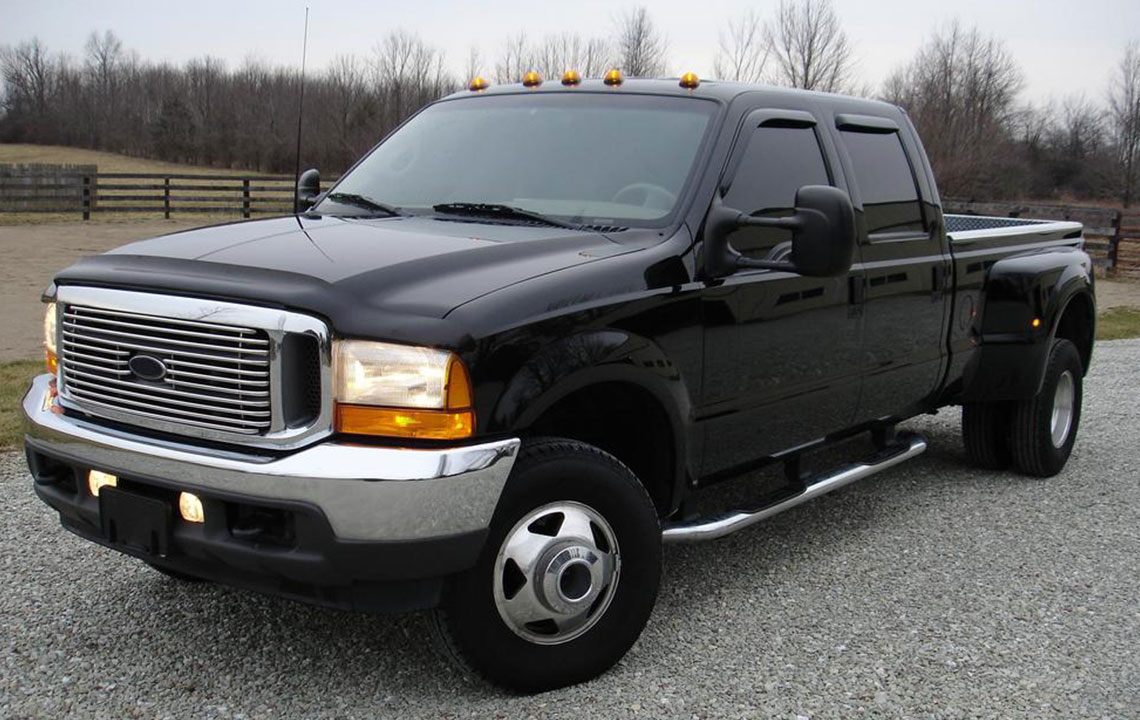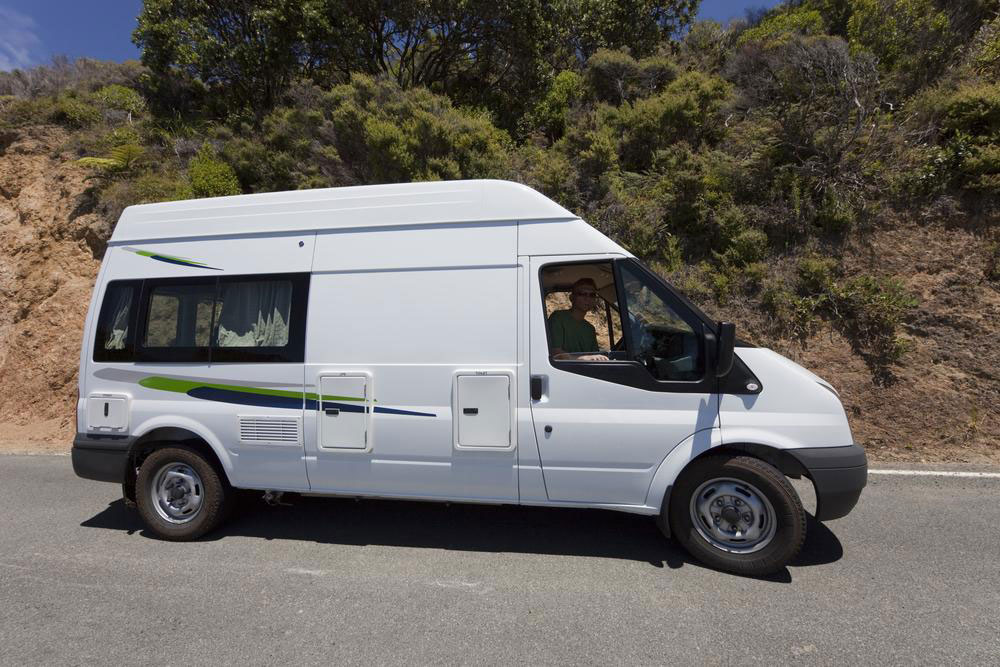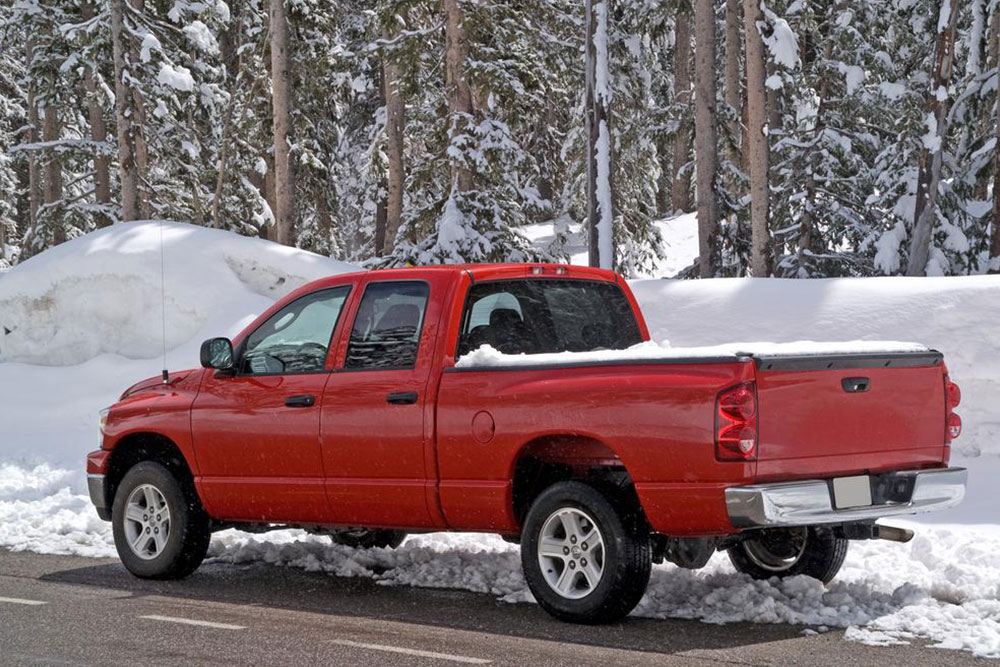Comprehensive Guide to Buying a Used Commercial Van: Expert Tips and Considerations
This comprehensive guide provides essential tips for purchasing a used commercial van, covering seller verification, vehicle inspection, history checks, test drives, legal transfer processes, and cost considerations. It aims to help buyers make informed decisions, ensuring reliable and cost-effective investments for business or personal use. Emphasizing thorough due diligence, this article equips readers with practical advice to avoid common pitfalls and find the best used van for their needs, all while offering insights into legal and financial aspects of the purchase.

In-Depth Strategies for Purchasing a Reliable Used Commercial Van
Commercial vans are integral assets for many businesses and individuals due to their generous space and versatile functionality. Their popularity stems from their efficiency in transporting goods, equipment, or even passengers in a comfortable and practical manner. While brand-new models are appealing, they often come with hefty price tags, sometimes exceeding €30,000, depending on the make and features. For cost-conscious buyers, especially small business owners or entrepreneurs, opting for a used commercial van can be a highly strategic decision that offers significant savings without compromising on utility. However, buying a used vehicle requires careful planning and thorough evaluation to ensure the investment is justified and free from unexpected issues.
In this comprehensive guide, we delve into vital tips that can help you navigate the used van market with confidence. Whether you're purchasing from a private seller or a dealership, these insights will assist you in making an informed decision, reducing risks, and securing a reliable vehicle that meets your requirements.
1. Ensuring Seller Credibility and Trustworthiness
One of the first steps before finalizing a purchase is verifying the credibility of the seller. When dealing with private individuals, exercise caution as they often prefer direct sales which may lack the oversight of a professional dealer. Always request proof of ownership, such as the vehicle registration document, and confirm that the seller’s ID matches the registered owner’s details. Cross-reference this information with official records to prevent scams or fraud. If you’re purchasing from a dealership, research customer reviews and ratings to gauge their reputation. Reliable dealerships often provide transparency and are willing to facilitate inspections and ownership transfers seamlessly.
2. Assessing the Vehicle’s Overall Condition
Don’t rely solely on the vehicle’s outward appearance. Conduct a thorough inspection of both the exterior and interior. Check for signs of past accidents like uneven body panels or paint inconsistencies. Carefully evaluate the engine’s condition and listen for any abnormal noises during startup or operation. If you're not experienced in vehicle maintenance, hiring a qualified mechanic to inspect the van can be invaluable. They can identify subtle issues like fluid leaks, worn brake pads, or engine problems that might not be immediately visible. Always consider this step essential to avoid future costly repairs.
3. Reviewing the Vehicle’s History Report
A comprehensive vehicle history report is crucial in making an informed decision. This report details previous ownership, accident history, repair records, and any legal issues such as theft or outstanding liens. Obtain the report from reputable sources like the Directorate-General for Traffic (DGT) or certified vehicle check websites. Analyzing this data helps you identify potential red flags, such as frequent ownership changes or accidents that could affect the vehicle’s reliability and value.
4. Conducting a Test Drive
Always perform a test drive following a thorough inspection and after consulting a mechanic if possible. During the test, evaluate the vehicle’s handling, braking, acceleration, and responsiveness. Pay attention to any unusual vibrations, noises, or steering issues. Check the visibility, comfort, and ease of operation. If the van has electronic components like sensors or entertainment systems, verify they work correctly. A test drive offers practical insights that static inspections can’t provide, helping you decide whether the vehicle suits your driving style and needs.
5. Monitoring Mileage and Usage
While used vehicles naturally have higher mileage than new ones, understanding the odometer reading can give you an idea of the vehicle's wear and tear. Lower mileage typically indicates less deterioration and longer remaining lifespan. Calculate the average mileage per year to assess if the vehicle’s usage aligns with its age. Keep in mind that exceptionally high mileage might necessitate more frequent repairs and maintenance, thus affecting overall costs. Well-maintained vans with reasonable mileage often present a more attractive value proposition.
6. Managing Registration and Ownership Transfer
When buying from a private seller, be prepared to handle the legal process of transferring vehicle ownership. Ensure that the seller completes the necessary paperwork, including the Sale and Purchase Agreement and the transfer of registration through official channels. Confirm that the vehicle’s documentation is up to date and that the registration is in the seller’s name. It’s advisable to accompany this process with a visit to the local traffic authorities or use authorized online services to expedite and validate the transfer. Proper registration transfer is essential to avoid future liabilities or legal complications.
7. Verifying Outstanding Taxes and Legal Issues
Before finalizing your purchase, verify that all applicable taxes, such as the IVTM (Impuesto sobre Vehículos de Tracción Mecánica), have been paid by the previous owner. Unpaid taxes could lead to legal disputes or penalties. Request proof of tax payments or consult official records to confirm compliance. Additionally, check for any legal issues related to the vehicle, such as pending fines, legal claims, or recalls. Paying attention to these details ensures a smooth ownership transition and avoids unexpected costs.
8. Calculating Total Ownership Expenses
Owning a used commercial van involves various ongoing costs beyond the purchase price. Consider expenses such as minor repairs, routine maintenance, insurance premiums, taxes, and fuel consumption. Setting a realistic budget prior to your search helps streamline the selection process. For instance, using online platforms with filters like “vans under €5000” can help you identify options within your budget. Planning ahead for these expenses ensures that you’re financially prepared and helps prevent surprises that could strain your finances down the line.
In summary, purchasing a used commercial van can be a rewarding investment if approached with careful planning and due diligence. By verifying seller credibility, assessing vehicle condition, reviewing history reports, conducting test drives, managing paperwork, and understanding total costs, buyers can secure reliable vehicles that support their business or personal needs while optimizing their budgets. Remember, patience and thoroughness are key to making an informed purchase that lasts for years to come.





